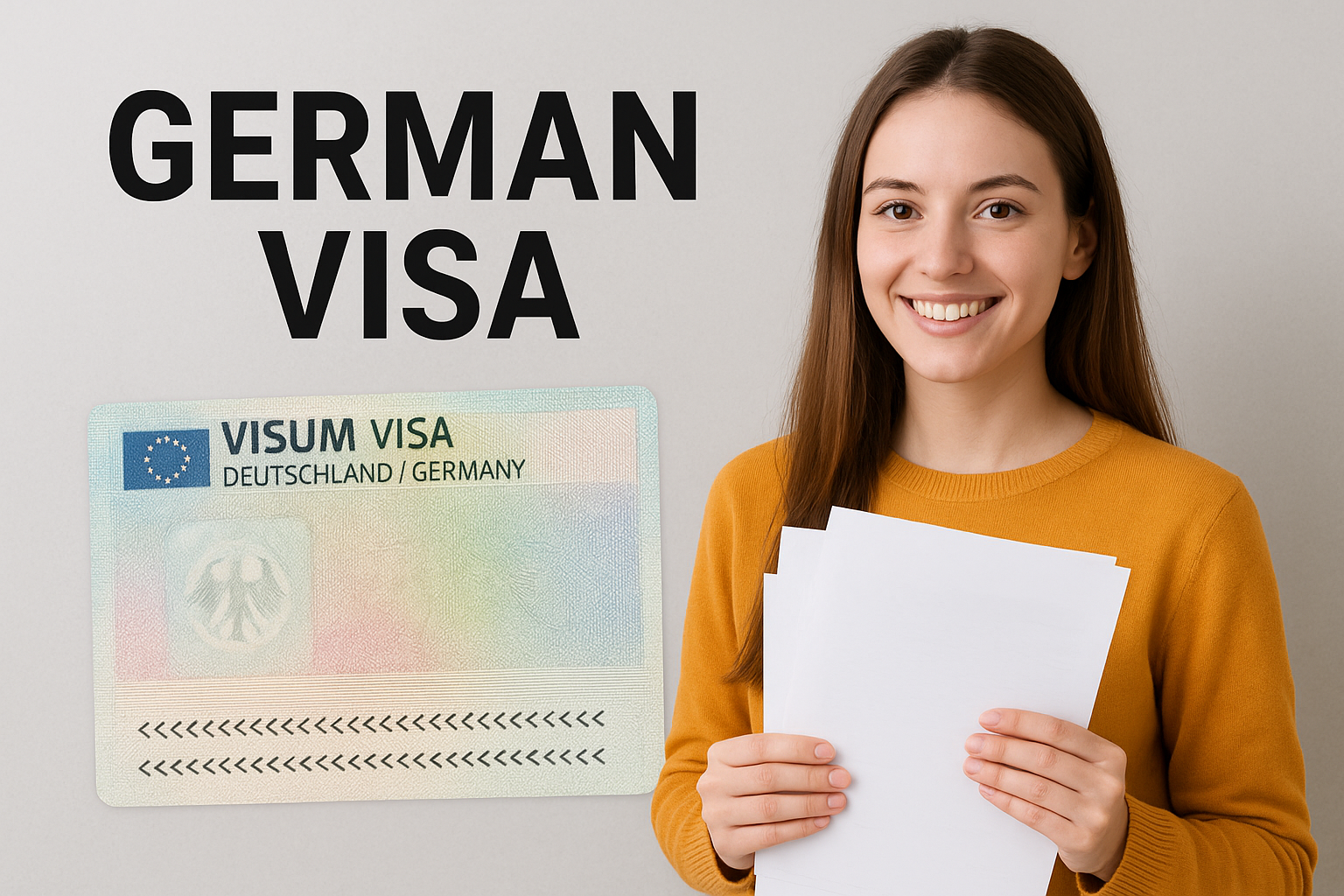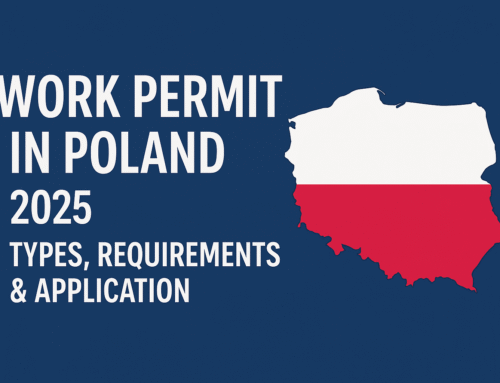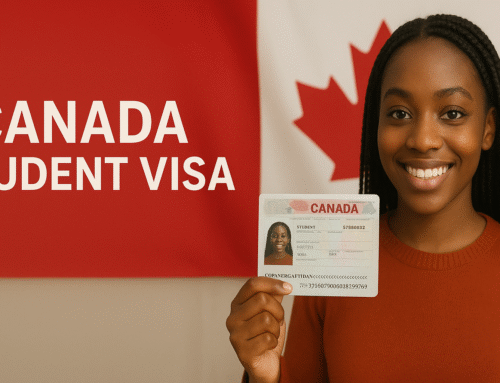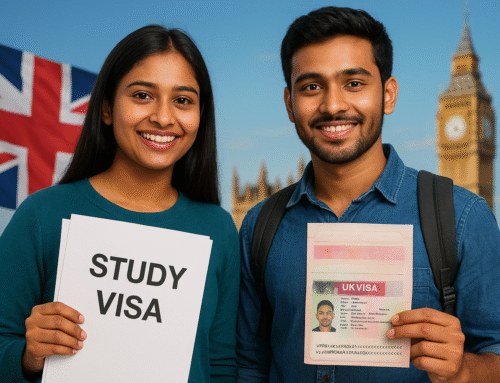Germany is one of the most popular destinations for tourists, students, and professionals worldwide. With its rich culture, advanced economy, and high-quality education system, Germany attracts millions of visitors each year. Whether you are planning to study, work, or travel, understanding the German visa process is crucial. This guide will provide you with comprehensive, up-to-date, and professional information about German visas, including types, requirements, and the application process.
What is a German Visa?
A German visa is an official document issued by the German government that allows foreign nationals to enter Germany for a specific purpose and duration. The visa is typically stamped in your passport or issued as an electronic visa, depending on the type. Obtaining a visa ensures that travelers comply with Germany’s immigration laws and regulations.
Types of German Visa
Germany offers several types of visas depending on the purpose of your visit. The most common types include:
1. Short-Term Visa (Schengen Visa)
The Schengen Visa allows travelers to stay in Germany for up to 90 days within a 180-day period. This visa is ideal for:
- Tourism
- Business trips
- Family visits
- Short-term study or training
Key Features:
- Maximum stay: 90 days
- Can be used for multiple Schengen countries
- Processing time: 15 calendar days (on average)
2. Long-Term Visa (National Visa)
A National Visa is suitable for those planning to stay in Germany for more than 90 days. This visa is often required for:
- Employment in Germany
- Higher education or university studies
- Family reunification
- Research or scientific purposes
Key Features:
- Stay duration: More than 90 days
- Can be converted into a residence permit
- Processing time: 4 to 12 weeks
3. Student Visa
Germany is a top destination for international students due to its world-class universities and low tuition fees. The German Student Visa is required for those who have been accepted into a recognized German university or college.
Eligibility Requirements:
- Acceptance letter from a German university
- Proof of financial resources (around €11,208 per year)
- Health insurance coverage
- Academic qualifications
4. Work Visa
Germany offers several types of work visas depending on your skills and employment status:
- Employment Visa: For professionals with a job offer in Germany
- Blue Card EU: For highly skilled workers with a university degree and a minimum salary of €56,400 (2025 standard, subject to change)
- Job Seeker Visa: Allows you to enter Germany and look for employment for up to six months
Eligibility Requirements:
- Valid job offer or proof of qualifications
- Relevant professional experience
- Health insurance coverage
5. Family Reunion Visa
If you have close family members residing in Germany, you may apply for a Family Reunion Visa. This visa is applicable for spouses, children, and parents.
Key Requirements:
- Proof of relationship (marriage certificate, birth certificate)
- Financial support from the sponsor in Germany
- Accommodation evidence
Requirements for German Visa
Although requirements vary based on visa type, the general documents required include:
- Valid Passport – Must be valid for at least six months beyond the intended stay.
- Completed Visa Application Form – Signed and dated.
- Recent Passport-Size Photographs – Usually 2 photographs meeting Schengen requirements.
- Travel Insurance – Covers medical emergencies up to €30,000.
- Proof of Financial Means – Bank statements, sponsorship letters, or blocked account details.
- Proof of Accommodation – Hotel reservations, rental agreement, or invitation letter.
- Flight Itinerary – Round-trip tickets or travel plans.
- Additional Documents – Depending on the visa type (e.g., university acceptance letter, employment contract, marriage certificate).
Step-by-Step German Visa Application Process
Applying for a German visa involves several steps. Here is a professional breakdown:
Step 1: Determine the Type of Visa
Identify the purpose of your visit to Germany and choose the appropriate visa type. Using the correct visa type is critical to avoid delays or rejection.
Step 2: Gather Required Documents
Collect all necessary documents based on your visa type. Ensure that all documents are original, up-to-date, and translated into German or English, if required.
Step 3: Schedule an Appointment
Most German consulates or embassies require applicants to book an appointment online. Early booking is recommended, especially during peak seasons.
Step 4: Submit Application and Pay Fees
Attend the appointment with all required documents. Visa fees vary depending on the type:
Short-term Schengen Visa: €80
Long-term National Visa: €75–€100
Students & Children: Reduced or waived fees in some cases
Step 5: Attend Visa Interview
Some applicants may be called for an interview. Prepare to answer questions about your purpose, finances, and stay in Germany.
Step 6: Wait for Processing
Processing times vary depending on the visa type and consulate workload:
- Schengen Visa: 15 days on average
- National Visa: 4–12 weeks
Step 7: Receive Your Visa
If approved, your visa will be stamped in your passport. Carefully check the visa details, including validity dates and type of entry.
Tips to Increase Visa Approval Chances
- Apply well in advance of your travel date.
- Ensure all documents are complete and authentic.
- Provide a detailed travel itinerary and accommodation details.
- Show proof of sufficient financial means.
- Maintain a clean travel history and avoid overstaying in other Schengen countries.
Common Reasons for German Visa Rejection
Understanding the common pitfalls can help applicants avoid delays or rejections:
- Incomplete or inaccurate application forms
- Insufficient financial evidence
- Invalid or expired passport
- Lack of travel insurance coverage
- Poorly documented purpose of visit
German Visa Fees and Processing Time
- Short-term Schengen Visa: €80
- Child (6–12 years) Schengen Visa: €40
- Long-term National Visa: €75–€100
- Processing Time: 15 days for Schengen, 4–12 weeks for national visa
Frequently Asked Questions (FAQs)
Q1: Can I extend my German visa?
Yes, short-term visas can sometimes be extended for exceptional reasons, while long-term visas can be converted into residence permits.
Q2: Do I need a visa if I’m from the EU?
No, EU and EEA citizens do not require a visa to enter Germany.
Q3: How early can I apply for a German visa?
You can apply up to six months before your intended travel date for most visas.
Q4: Can I work in Germany with a student visa?
Yes, international students can work up to 120 full days or 240 half-days per year while studying.
Conclusion
Obtaining a German visa may seem complex, but with proper preparation and knowledge of the process, it becomes manageable. From understanding visa types to gathering documents and submitting applications, each step is crucial for a successful visa approval. Germany’s welcoming environment, advanced education system, and strong job market make it an attractive destination for tourists, students, and professionals alike.
By following this guide, applicants can ensure a smooth visa process and focus on preparing for their exciting journey to Germany.
Read Also:






Leave A Comment